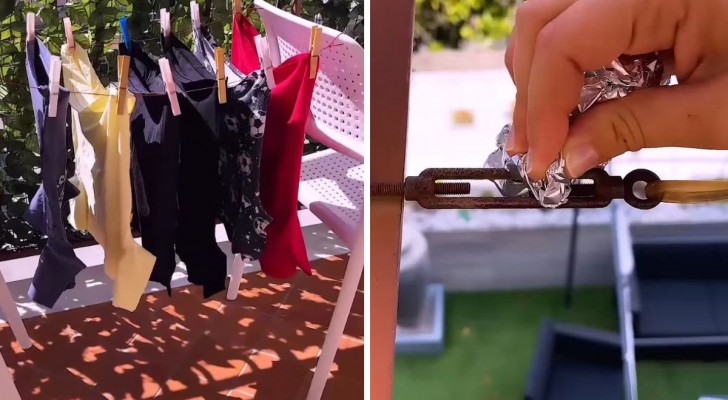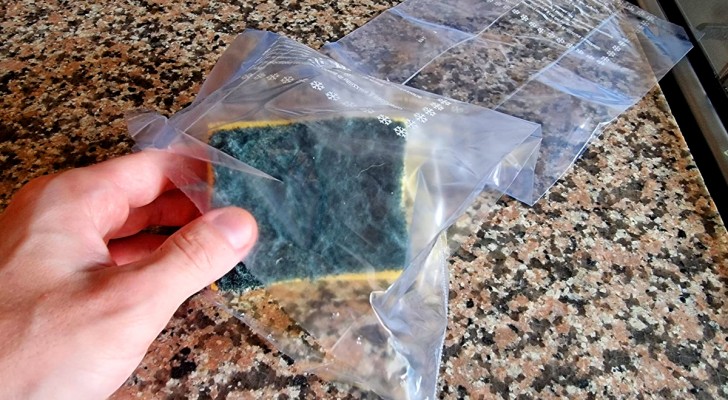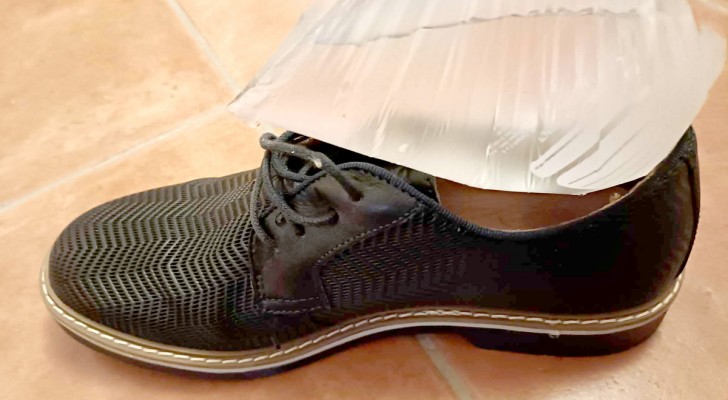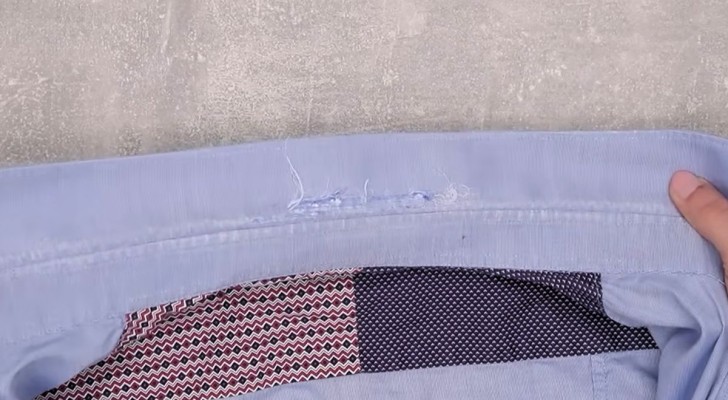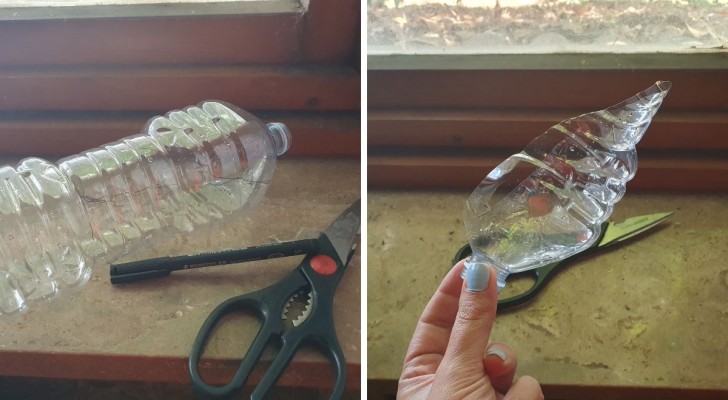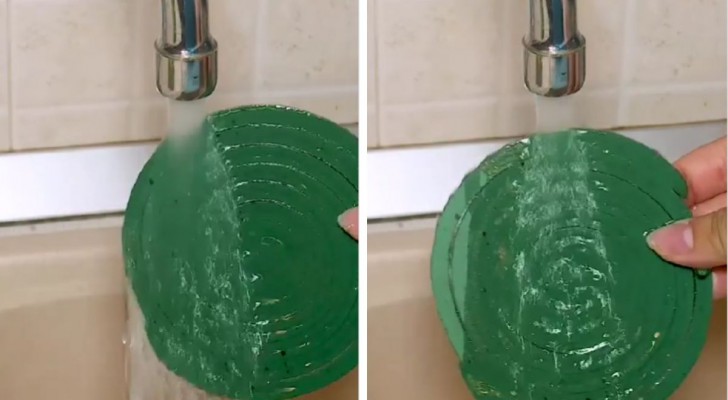Take care when using baking soda to clean: find when it is best to avoid using it

There are really countless cases in which resorting to using baking soda (bicarb) solves everyday problems or helps us to complete household chores getting excellent results. We use it to clean, degrease, deodorize, and more.
Its grainy texture, however, sometimes makes it a little too aggressive on some surfaces as it is excessively abrasive and therefore it can erode some surfaces or ruin the finish of some objects; some types of stones, metal or glass, for example, should not be treated with sodium bicarbonate, or at least, some precautions should be used. Read on to learn when to use baking soda with caution:
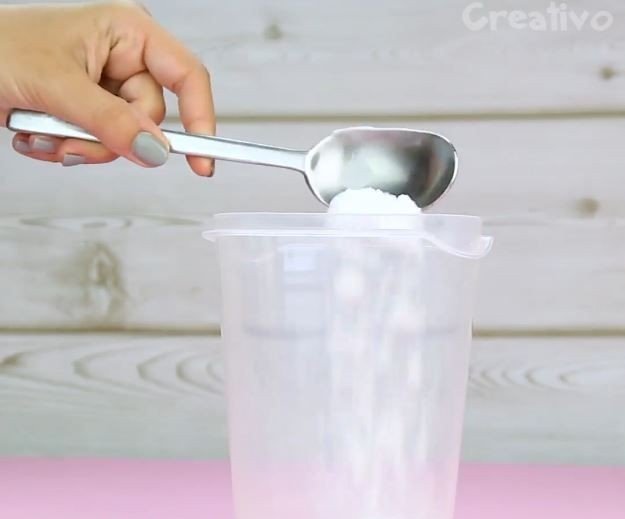
Creativo
- Dishes and aluminum surfaces in general: many harder and more resistant types of metal have no problem being treated with sodium bicarbonate, but aluminum is more delicate and if you let a mixture of water and bicarbonate act for too long on this metal, it can cause it to oxidize, and could also end up changing its color. So, in the case of aluminum it is recommended to use it very rapidly, rinsing it off almost immediately.
- Silverware: the method of using baking soda with aluminum foil (tin foil) to remove dark spots and tarnish from silverware definitely works, but it is not recommended for antique and precious silverware, because it can be too aggressive . Especially when the silver is not sterling, there is a risk of ruining it. It should always be avoided using bicarb here, and especially in the case of objects that have decorative inlays of semi-precious stones or pearls.
- Gold plated objects: (pure) gold is a soft metal, so using baking soda on it is very risky as it can scratch the surface very easily. Best not to risk abrasive treatments for this metal!
- Marble surfaces: opinions are somewhat divided here. There are many tips that involve the use of bicarbonate on marble, but it is generally recommended to use it in a diluted form and very rarely. Although it is only slightly abrasive, bicarb is still capable of eroding the polished finish of this stone, making it dull and ruining its appearance.
It is therefore always better to do a little research before using the various ingredients we have at home on surfaces that are more delicate. And in any case, it is always a good idea to test the different DIY methods on small portions of the objects to be treated, so to check the results before going ahead and doing a lot of damage to precious items!
